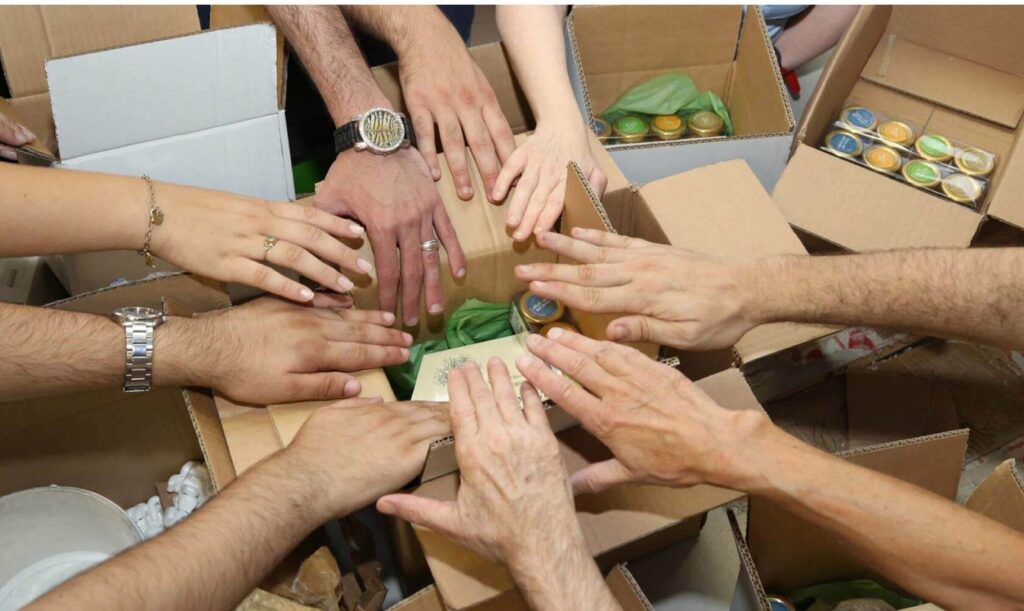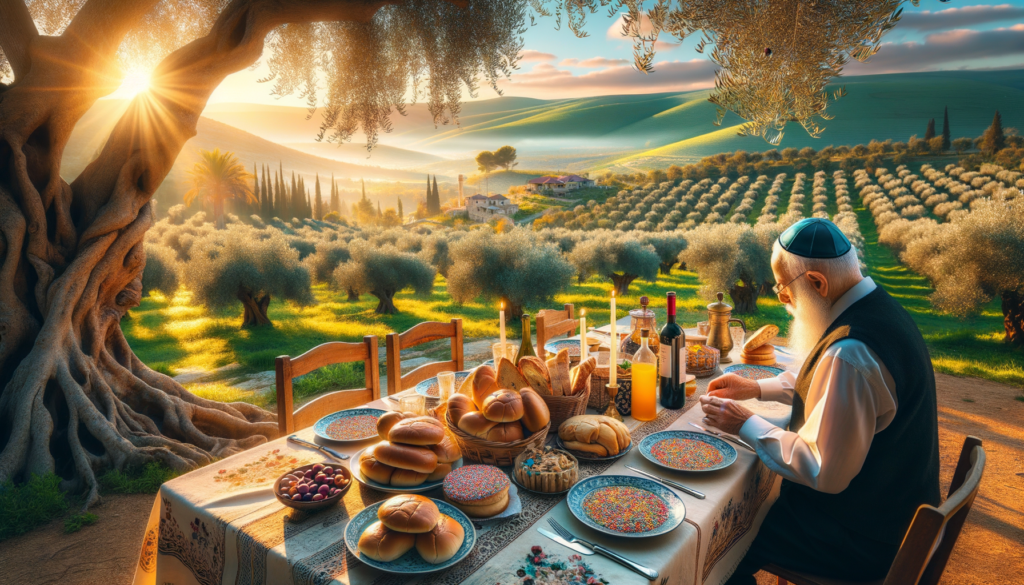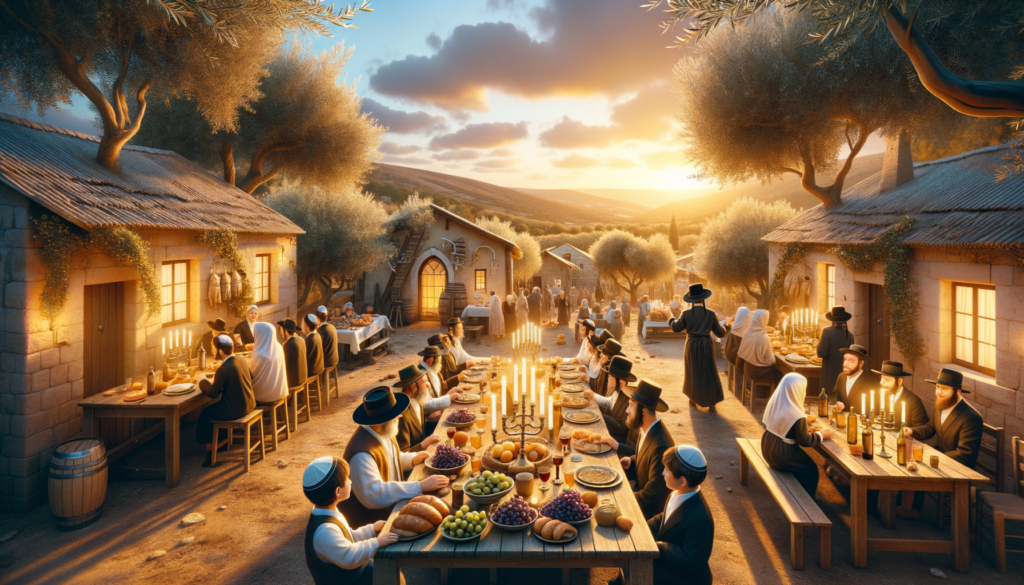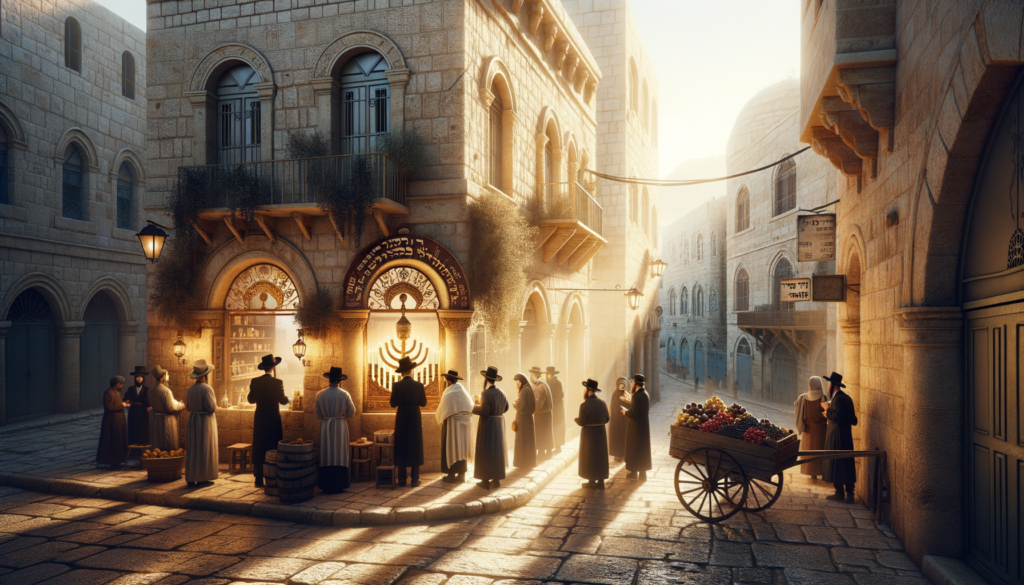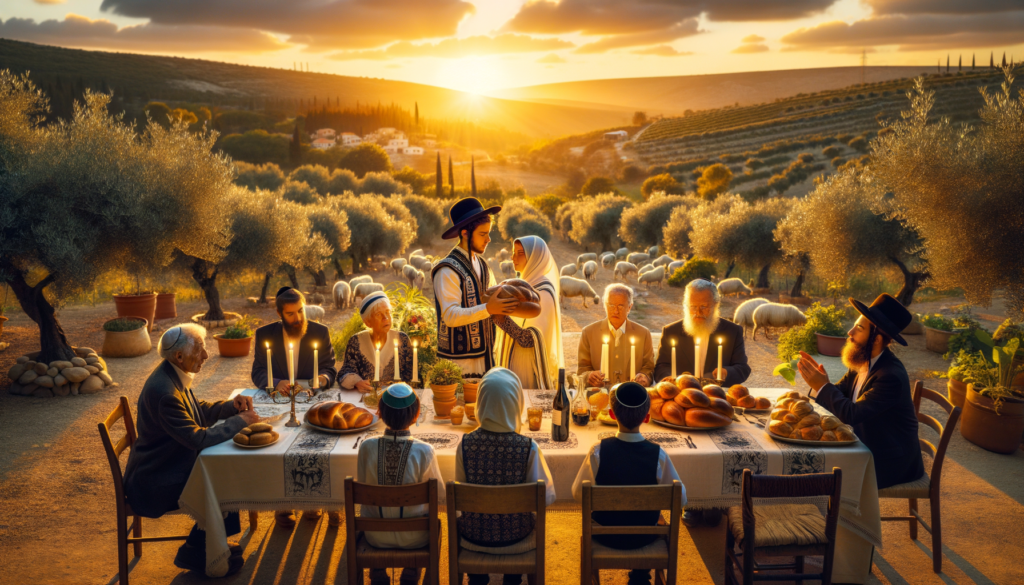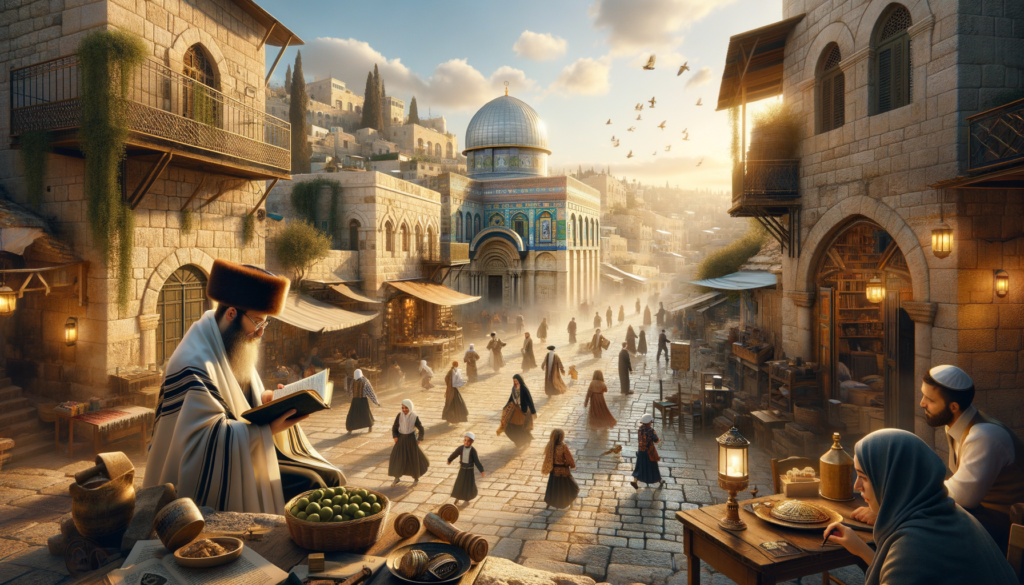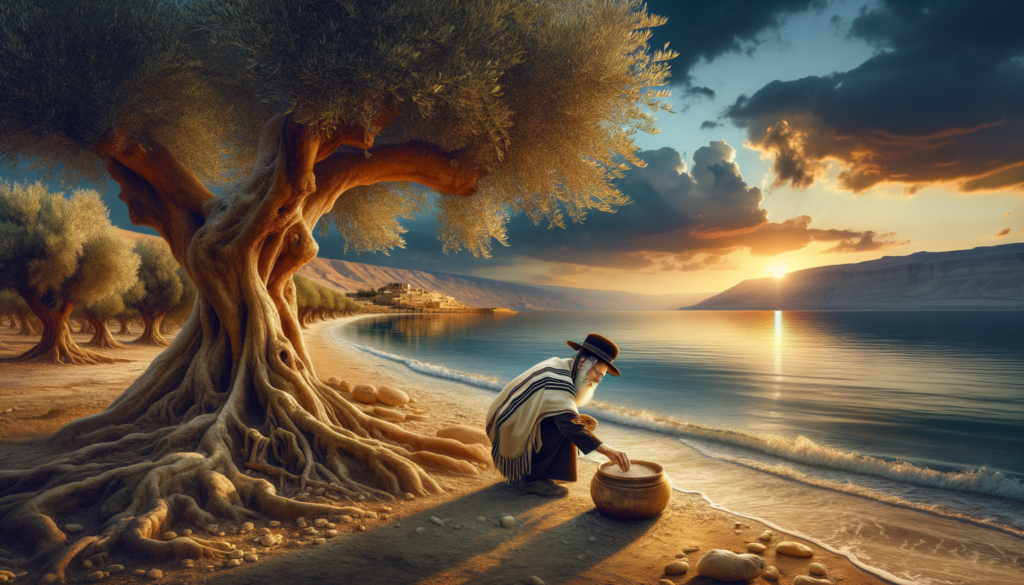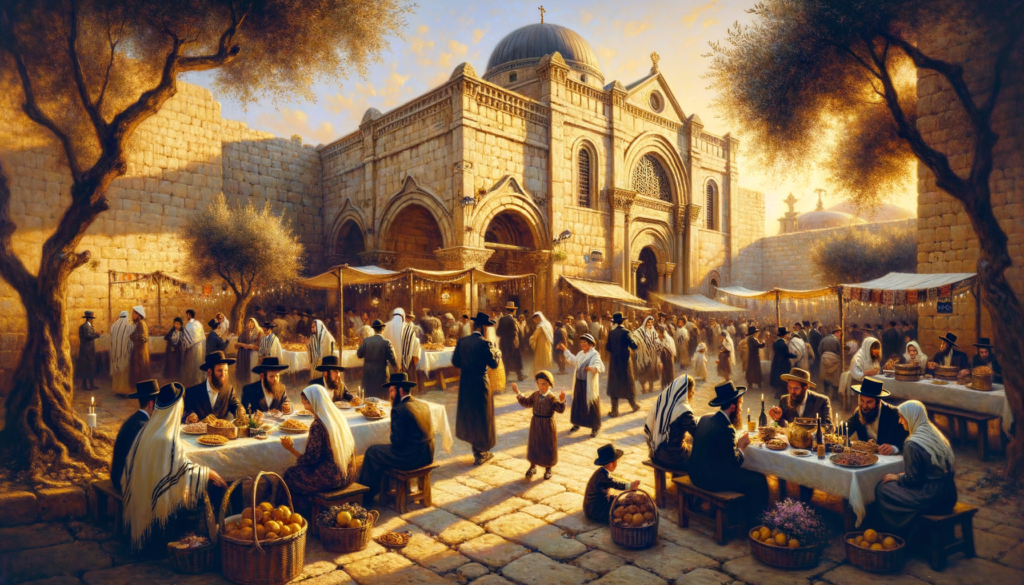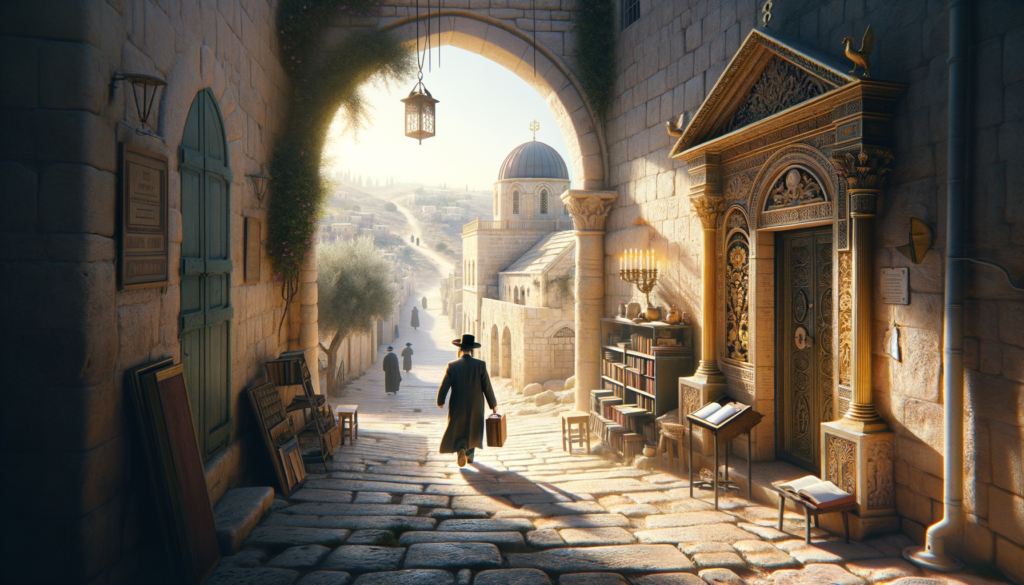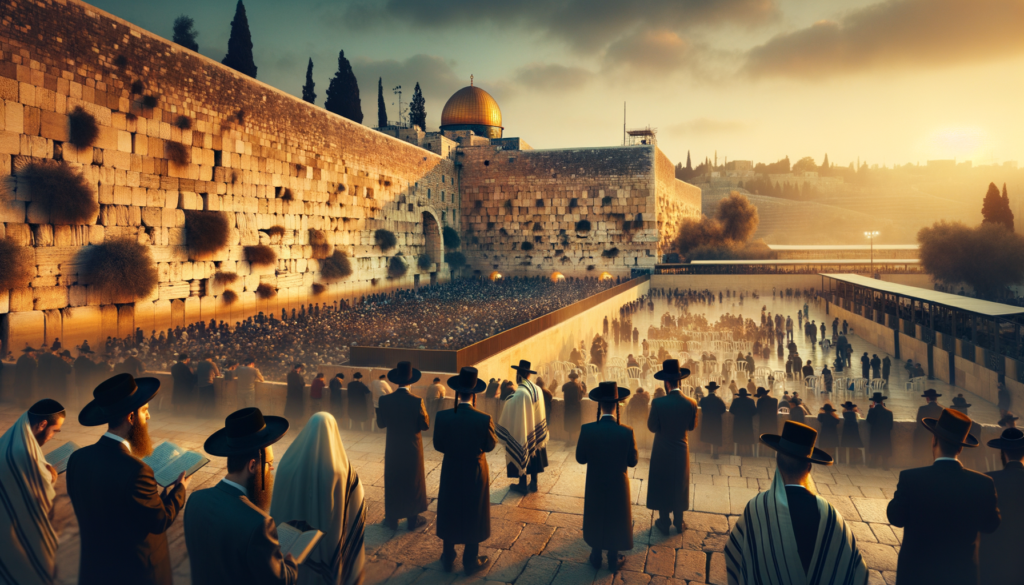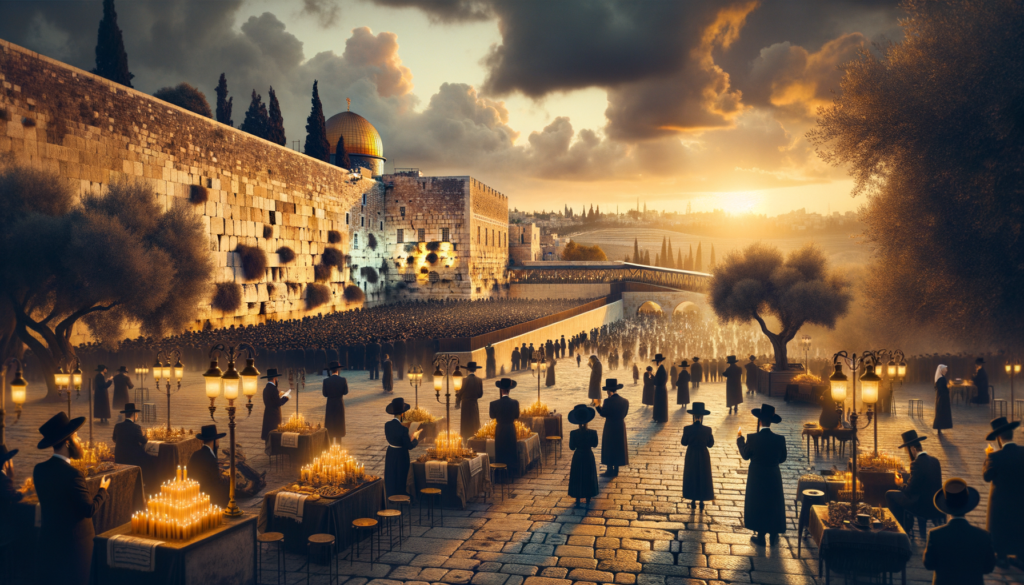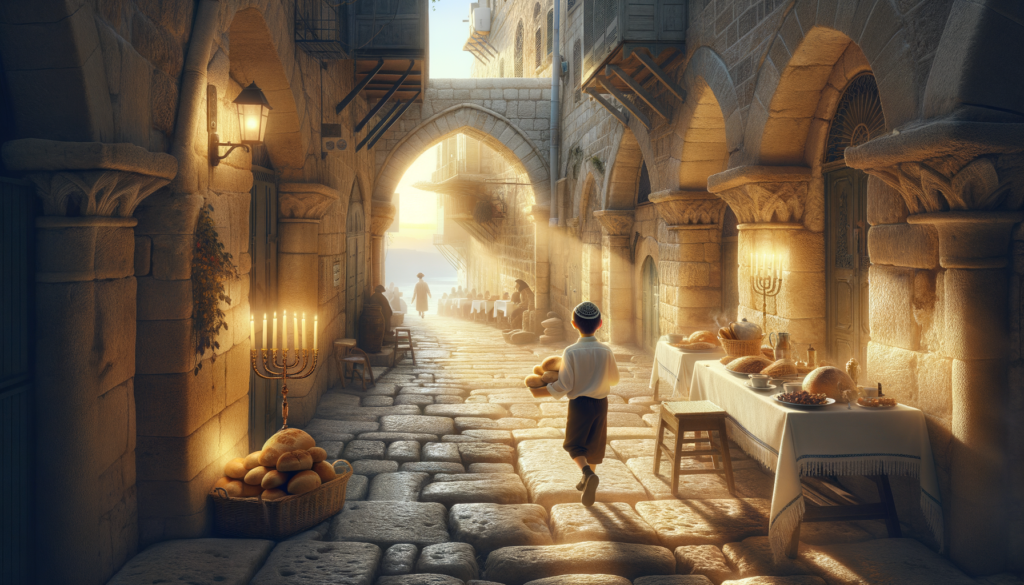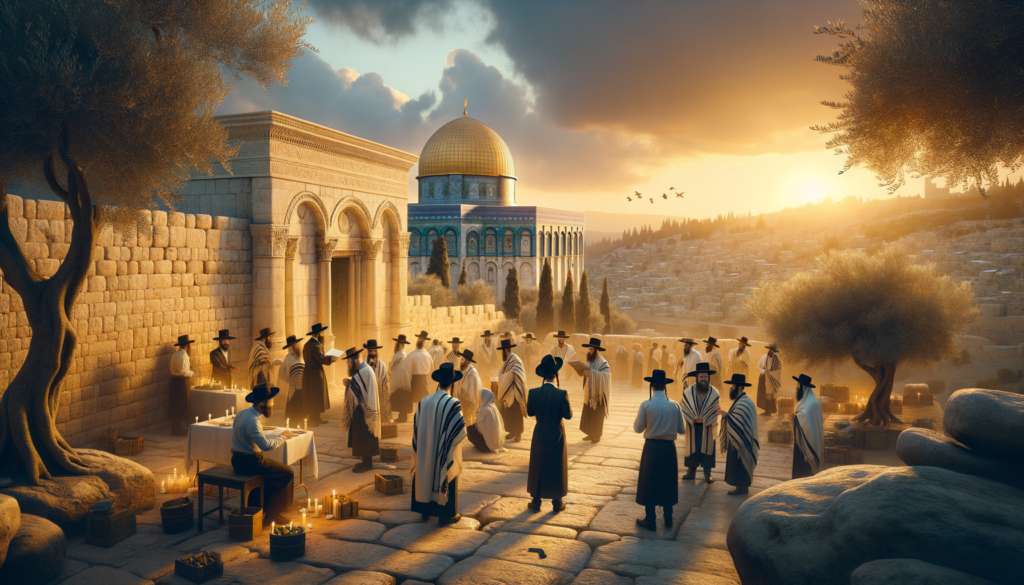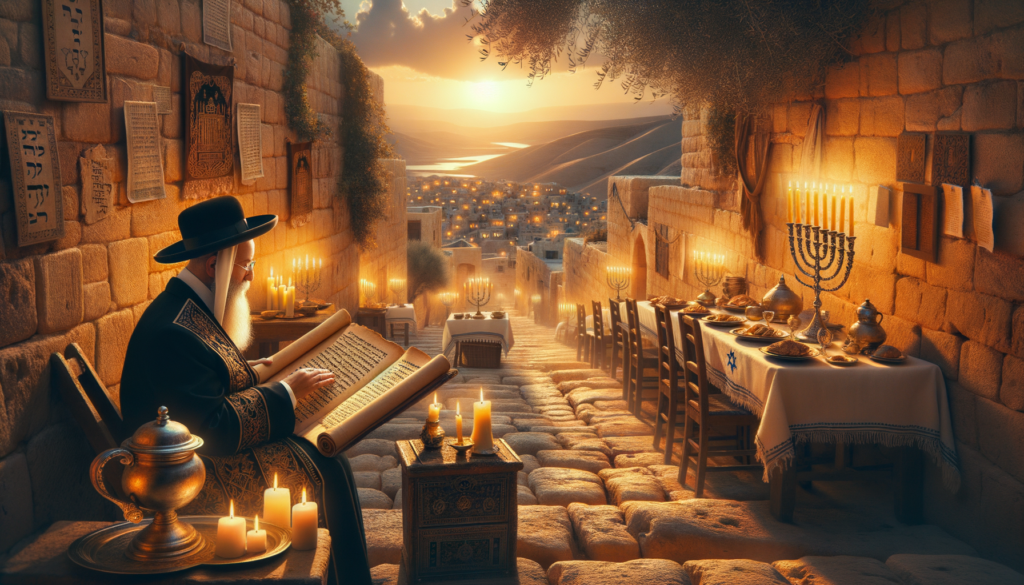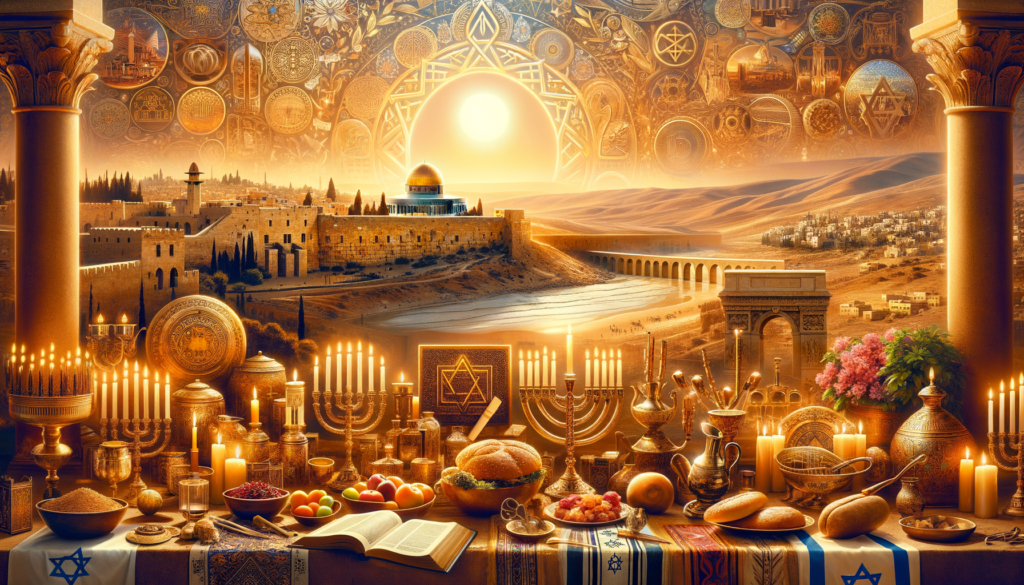
Explore the Old City of Jerusalem: A Place of Sacred Significance
Explore the Old City of Jerusalem: A Place of Sacred Significance The Old City of Jerusalem stands as a living testament to the intertwined histories and sacred connections of Judaism, Christianity, and Islam. Recognized as a UNESCO World Heritage Site, this ancient part of the city is not only home to some of the most significant religious landmarks but also a center of immense cultural, spiritual, and historical importance. Its narrow, winding streets are filled with stories, each corner echoing the past while remaining a vibrant hub for modern life. For Jews, Christians, and Muslims, the Old City is much...

